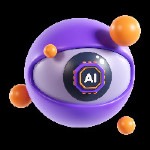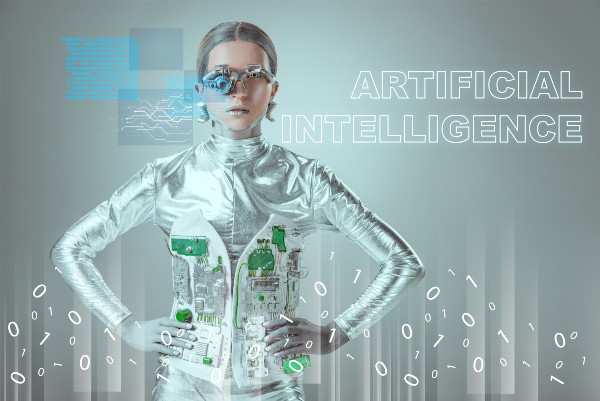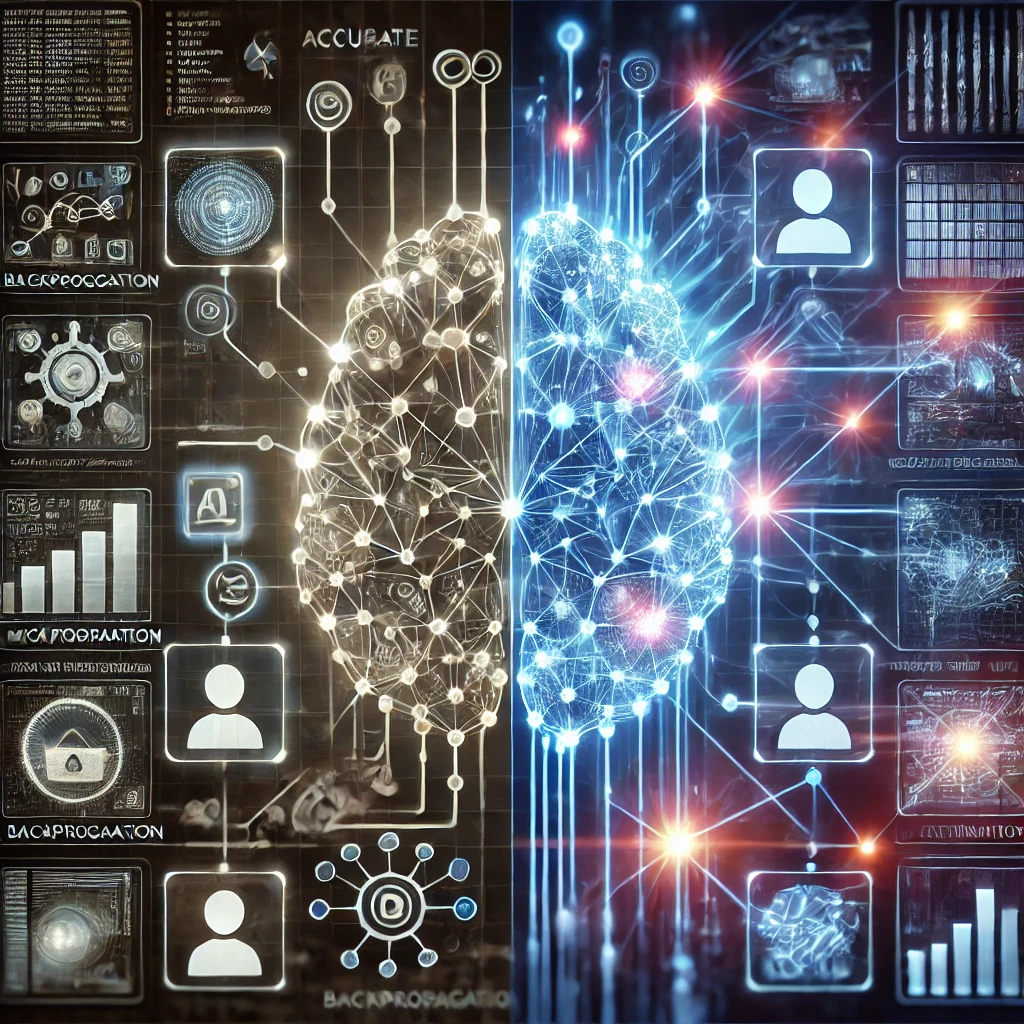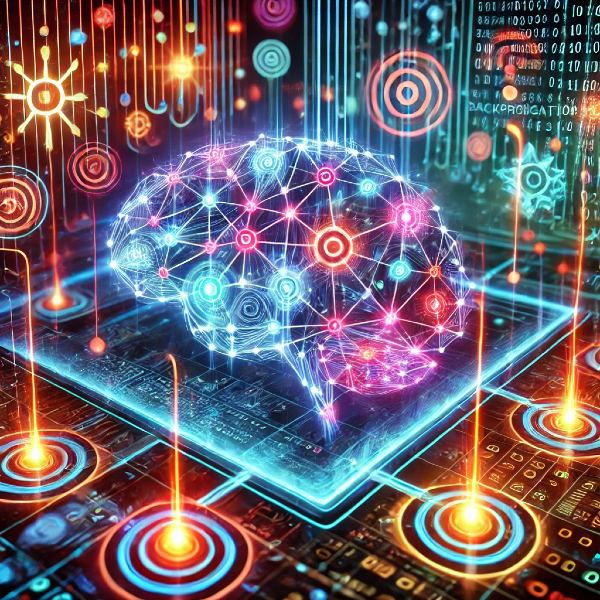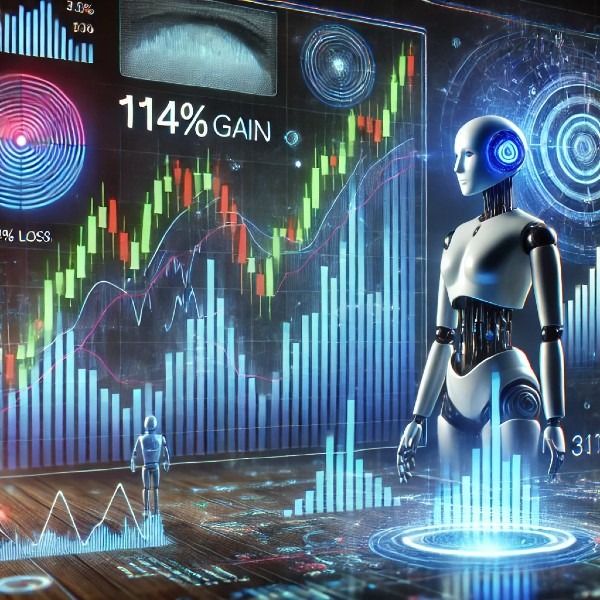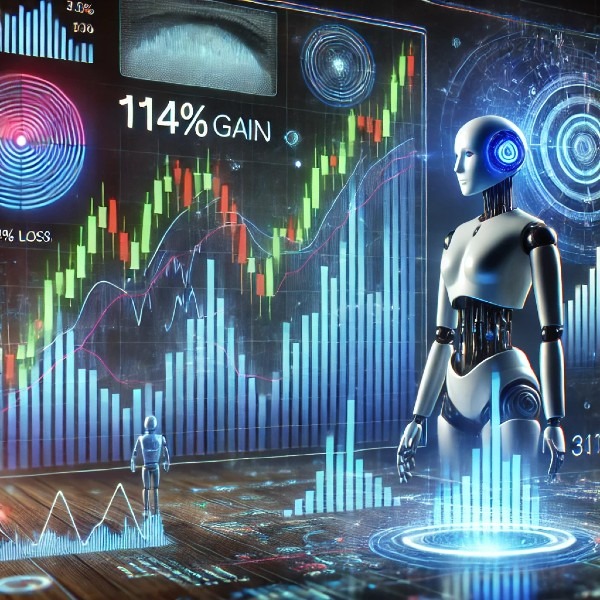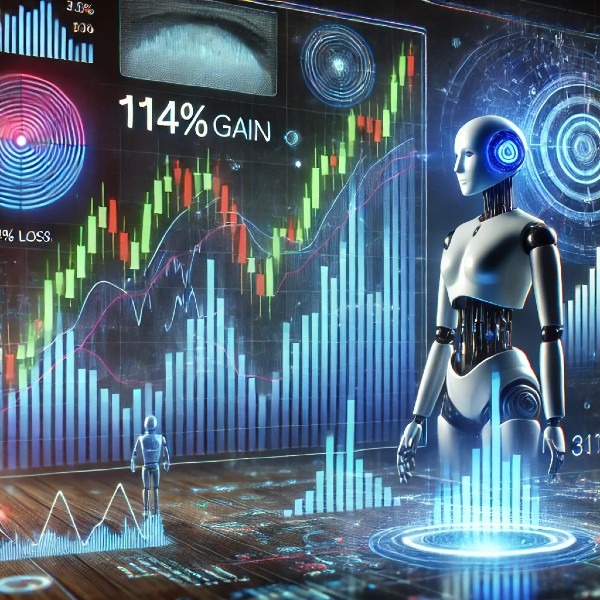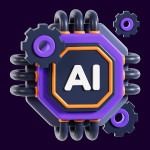Introduction
In the dynamic landscape of Artificial Intelligence (AI Horizon), AI Horizon stands as a beacon of innovation, particularly in healthcare, robotics, and shaping the future of work. This blog post aims to delve into these crucial areas, highlighting how AI is not just a technological advancement but a transformative force reshaping critical sectors. In healthcare, AI is revolutionizing patient care and medical research. Robotics, fueled by AI, is transforming industries and daily life. Meanwhile, the future of work is being redefined by AI’s ability to automate and enhance various job functions. This post will explore these exciting developments, offering insights and practical advice for navigating the AI Horizon.
AI Horizon represents more than just technological advancement; it’s a paradigm shift in how we interact with machines and utilize data. In healthcare, AI’s role is becoming increasingly vital in diagnostics and treatment. Robotics, driven by AI, is creating new possibilities in automation and efficiency. At the same time, the future of work is undergoing a significant transformation, with AI at its core. This post aims to provide a comprehensive understanding of these facets of AI, equipping readers with knowledge and insights into the future of this technology.
Healthcare and AI Horizon
The integration of AI in healthcare is a game-changer. It’s not just about automating tasks; it’s about enhancing the quality of care and making healthcare more accessible. AI algorithms are being used to diagnose diseases with higher accuracy, predict patient outcomes, and personalize treatment plans. This technological advancement is not replacing healthcare professionals but empowering them to make more informed decisions.
Moreover, AI is playing a crucial role in medical research. By analyzing vast datasets, AI is helping researchers understand complex diseases, develop new drugs, and create innovative treatment methods. The future of healthcare with AI looks promising, offering hope for better health outcomes and more efficient healthcare systems.
Robotics and AI
Robotics, empowered by AI, is one of the most exciting and rapidly evolving fields today. AI-driven robots are being used in a variety of sectors, from manufacturing and logistics to healthcare and customer service. These robots are not only automating mundane tasks but also performing complex operations that require precision and adaptability.
The rise of robotics is also creating new opportunities and challenges. As robots become more sophisticated and autonomous, they are capable of undertaking tasks that were previously thought to be the sole domain of humans. This shift is not only transforming industries but also raising important questions about the future of work and the relationship between humans and machines.
Future of Work
The future of work is being reshaped by AI in significant ways. AI is automating routine tasks, enhancing productivity, and creating new job opportunities. This shift is not about replacing human workers but about complementing their skills and opening up new avenues for creativity and innovation.
However, this transformation also brings challenges, including the need for reskilling and adapting to new work environments. The future workplace will likely be a blend of AI and human intelligence, where both work in synergy to achieve greater efficiency and innovation.
Myths vs. Facts
AI in Healthcare
Myth: AI will replace human doctors. Fact: AI is designed to assist and enhance the work of healthcare professionals, not replace them.
Myth: AI in healthcare is always accurate. Fact: AI’s accuracy depends on the quality of data and algorithms, and it requires human oversight.
Robotics and AI
Myth: Robots will take over all human jobs. Fact: While robotics will automate some tasks, it also creates new job opportunities and roles.
Myth: Robots are fully autonomous. Fact: Most robots still require human oversight and are far from being completely autonomous.
Future of Work
Myth: AI will lead to massive job losses. Fact: While AI will automate some tasks, it also creates new opportunities and roles.
Myth: AI is only for tech-savvy individuals. Fact: AI is becoming more user-friendly and accessible to people from all backgrounds.
FAQ
How is AI transforming healthcare? AI in healthcare is revolutionizing patient care through predictive analytics, personalized medicine, and robotic surgeries. It processes large datasets to identify patterns and make predictions, enhancing diagnosis and treatment plans.
Can AI improve patient outcomes? Yes, AI can significantly improve patient outcomes by providing more accurate diagnoses, efficient treatment plans, and personalized healthcare strategies. It also reduces the likelihood of human error.
Is patient data safe with AI technologies? While AI technologies offer advanced data analysis capabilities, ensuring data privacy and security is crucial. Healthcare providers must adhere to strict data protection regulations.
Will AI make healthcare more accessible? AI has the potential to make healthcare more accessible by enabling remote monitoring and telemedicine, especially in underserved areas.
How does AI impact medical research? AI accelerates medical research by analyzing complex biological data, leading to faster drug development and a better understanding of diseases.
Practical Tips and Tricks
- Stay Informed: Regularly update your knowledge about AI advancements in healthcare.
- Data Quality: Ensure high-quality, diverse data for AI algorithms to avoid biases.
- Ethical Considerations: Always consider the ethical implications of using AI in healthcare.
- Collaboration: Encourage collaboration between AI experts and healthcare professionals.
- Patient Engagement: Educate patients about AI tools and involve them in decision-making.
Google Snippets
- AI in Healthcare: “AI is transforming healthcare by enhancing diagnosis accuracy and patient care efficiency.”
- Robotics in Various Sectors: “AI-driven robots are increasingly used for automation and complex tasks across multiple industries.”
- The Future of Work with AI: “AI is reshaping the workplace, creating new opportunities and challenges.”
Artificial Intelligence Meaning
- Oxford Languages: “The theory and development of computer systems able to perform tasks that normally require human intelligence.”
- Merriam-Webster: “A branch of computer science dealing with the simulation of intelligent behavior in computers.”
- Cambridge Dictionary: “The study of how to produce machines that have some of the qualities that the human mind has, such as the ability to understand language, recognize pictures, solve problems, and learn.”
Did You Know?
- AI algorithms can analyze medical images with greater accuracy than human radiologists in some cases.
- AI-powered wearable devices are being developed to predict potential health issues before they become critical.
- AI is being used to personalize drug dosages, potentially revolutionizing pharmacology.
Conclusion
As we journey through the realms of healthcare, robotics, and the future of work, it becomes evident that the AI Horizon is not just a futuristic concept but a present-day reality shaping our lives. The integration of AI in healthcare is revolutionizing patient care, offering unprecedented accuracy and efficiency. For tech enthusiasts, AI is a field of endless possibilities, pushing the boundaries of innovation and creativity. The future of work, reshaped by AI, presents both challenges and opportunities, requiring adaptability and continuous learning. As AI continues to evolve, staying informed and adaptable is crucial. The AI Horizon invites us to envision a future where technology and human ingenuity converge, creating a world where the possibilities are as limitless as our imagination. Let’s embrace this journey with curiosity, responsibility, and an unwavering commitment to bettering our world through the wonders of AI.
